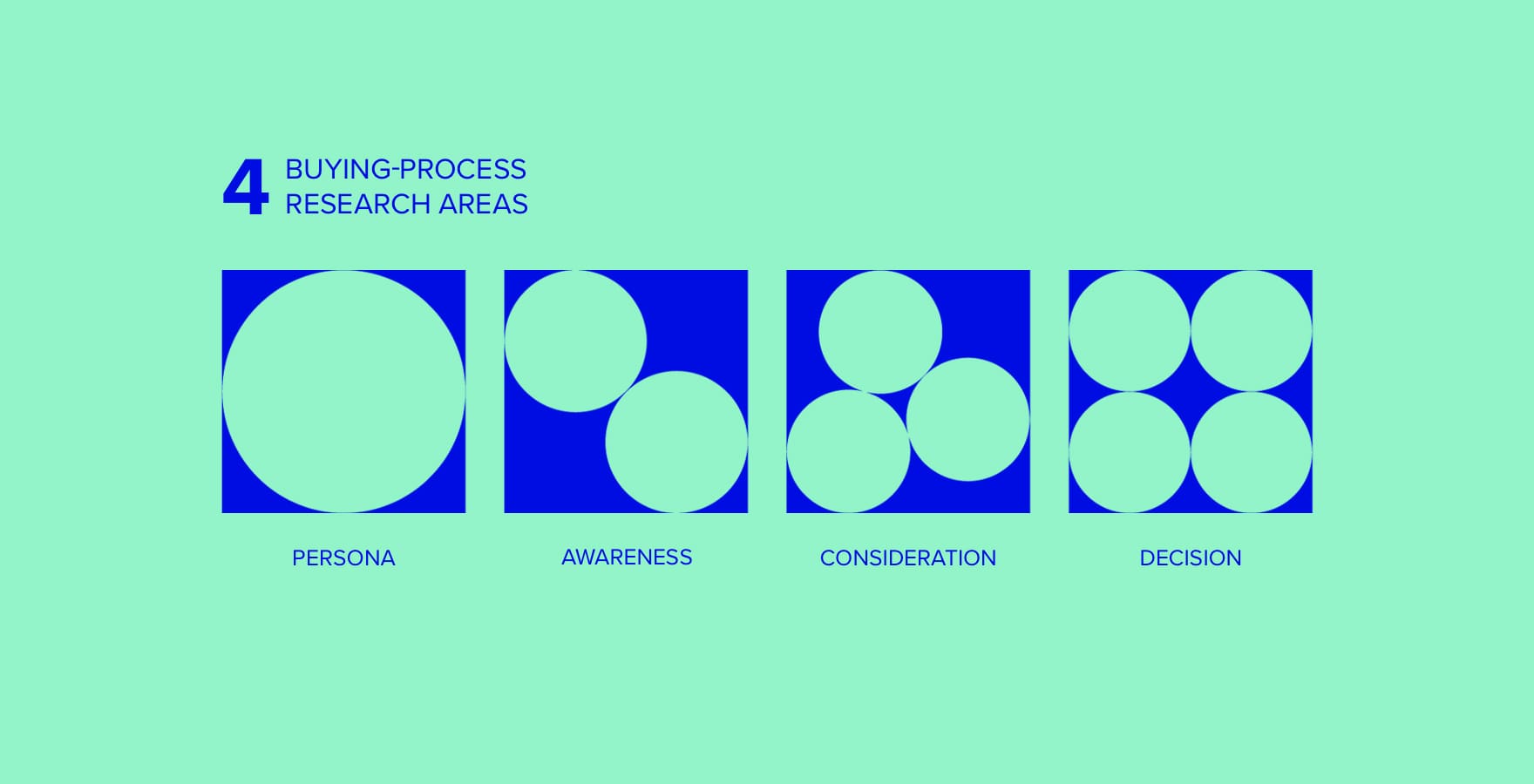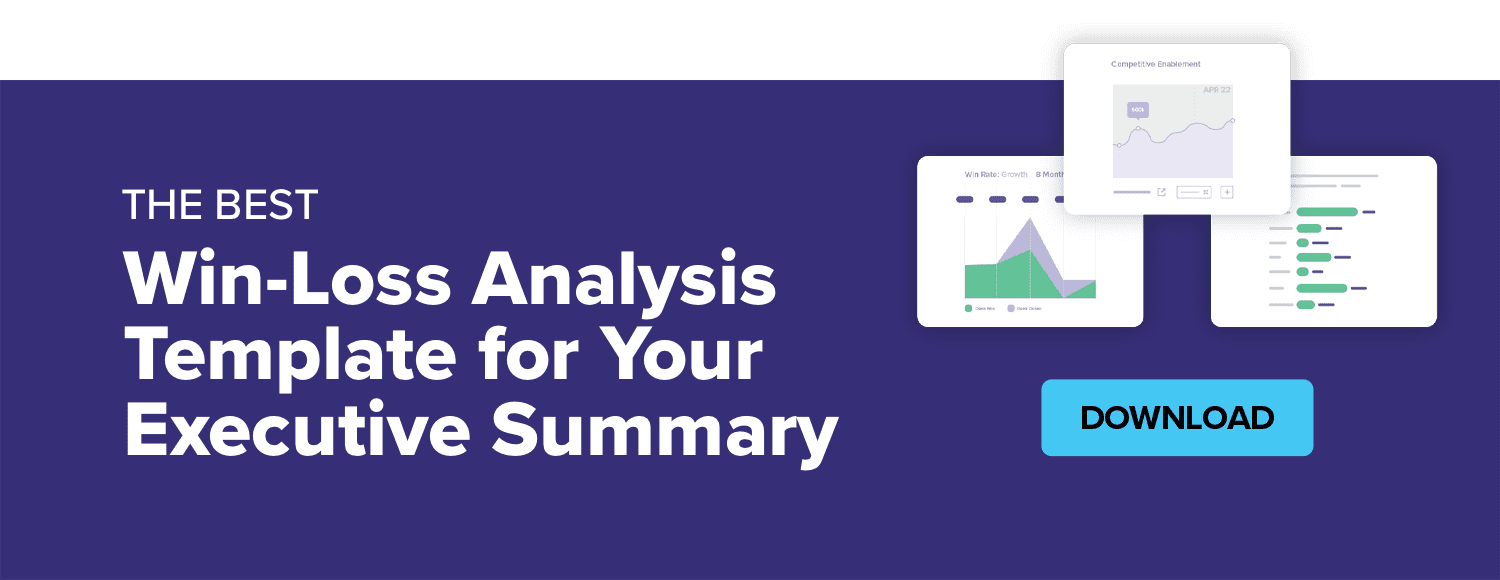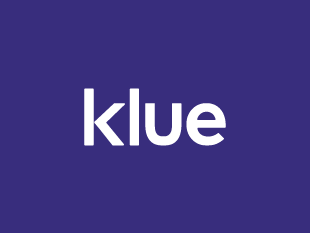Klue Compete
The Competitive Enablement Platform
Learn More
FIND OUT MORE >

So you’ve decided you want to launch win-loss analysis within your business, but don’t know where to start?
Once you’ve decided who will run the initiative, your starting point will be the discovery process. This is where you’ll engage your internal stakeholders — the people that will benefit most from your sweet, sweet win-loss insights — and figure out what they want, and need, most from win-loss analysis.
This initial discovery process sets the foundation for your research. In this article, we’ll dive into the questions to ask your internal stakeholders and the areas you should cover in your initial research.


When starting your discovery process, of course, refresh yourself on your organization’s core value proposition.
This means reviewing existing marketing materials, product demos, sales processes and analyst coverage, along with gathering any relevant competitive intelligence. It’s critical that you understand exactly how your business wants buyers to perceive your solution today.
Your win-loss research is all for nothing if it doesn’t answer the questions and uncertainties that are keeping your leadership team up at night. Rather than guess what they are, ask leadership! This dictates the key learning objectives of your research.
Here are some initial survey questions you need to bring to your leadership team:
These questions are a starting point. The most important thing to after this is dig. The more clarity you can get leadership, the more specific you can be with your research. Here are a few examples of what good, and not so good, would look like here:
These are hypothetical objectives, but the more granular you can get with understanding what leadership is looking to learn, the more usable your insights will be. This is the launch point for building the win-loss questions you’ll ask.
Win-loss research coverage aligns well with some traditional research areas, including persona development and the buyer journey.
As such, mapping your discovery findings within the four buying-process research areas is a great starting point. Use these core components to guide conversations with internal stakeholders and your win-loss team to better understand what questions and topic areas the research should focus on.
Following a program launch, and throughout the life cycle of a program, discovery continues to play an important role. As things shift in the marketplace, it is necessary to stay on top of changes that may impact your buyers’ perspectives.
The discovery phase sets the tone for the success of your win-loss program. Organizational alignment is easier said than done, so here are a few more resources to help you out below.
Once you start collecting win-loss insights from your interviews, use our win-loss analysis template to analyze and present the findings to your leadership team.




Competitive Enablement
Product marketers conducting competitive research are drowning in reviews, reports, and messy notes. Here's how Klue's AI foundation will help you complete this analysis in seconds, not weeks.


Competitive Enablement
The topic of Large Language Models (LLMs) has a lot of confusion. Here's what you need to know about how Klue is working with them.


Let’s do it. Tell us a bit about yourself and we’ll set up a time to wow you.
Let's do it. Tell us a bit about yourself and we'll set up a time to wow you.
XLet's do it. Tell us a bit about yourself and we'll set up a time to wow you.
XSubscribe to get our latest AI functionality and news in your inbox.
XOur Buyer Pulse feature, set to launch in Q2 2024, offers valuable insights into the factors influencing buyer decisions in your pipeline. By signing up for the waitlist, we can better gauge interest and proactively engage with you to streamline the setup and integration process before the feature becomes widely available.
X